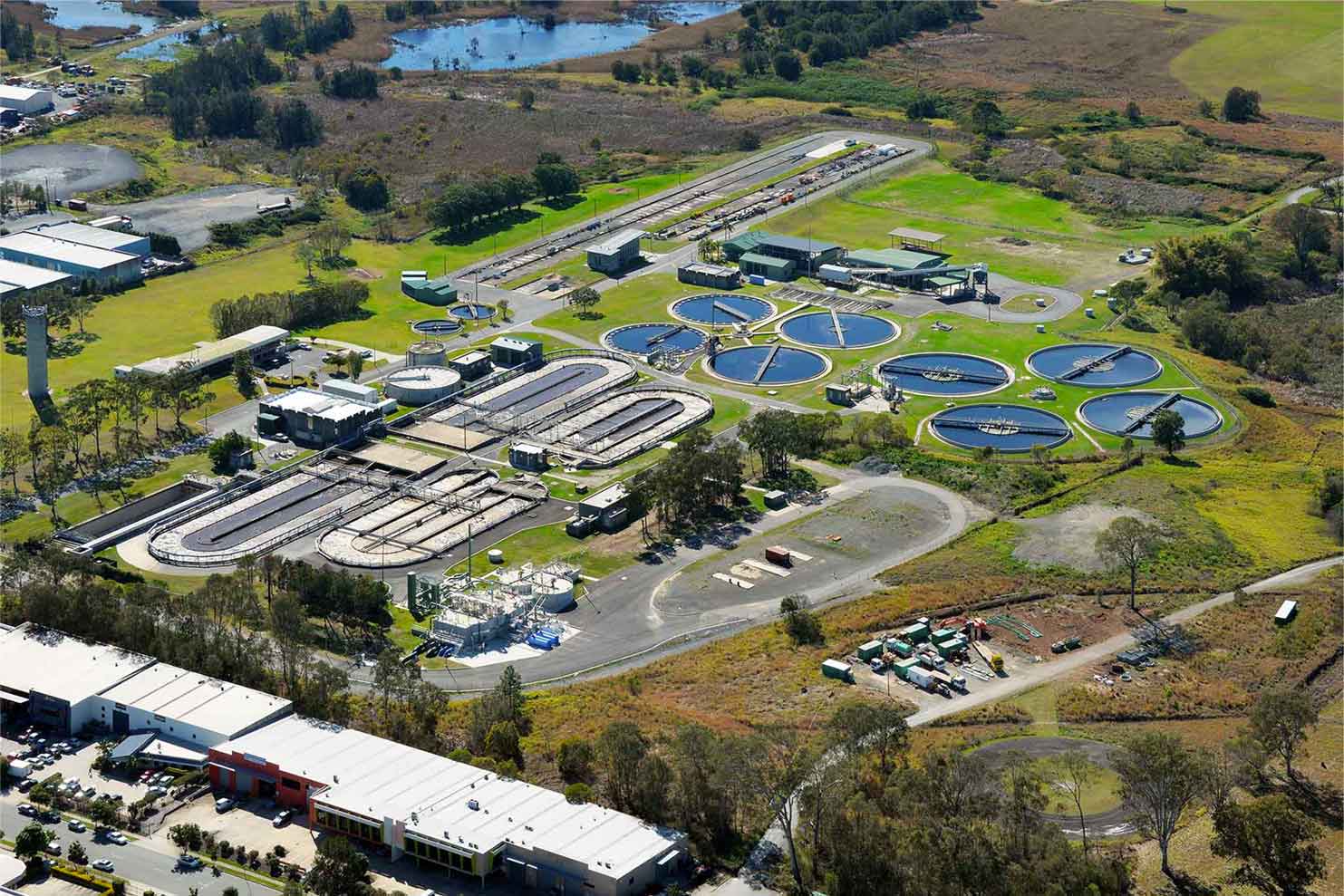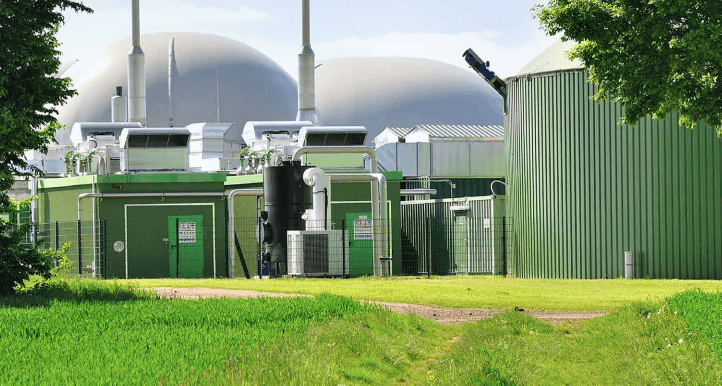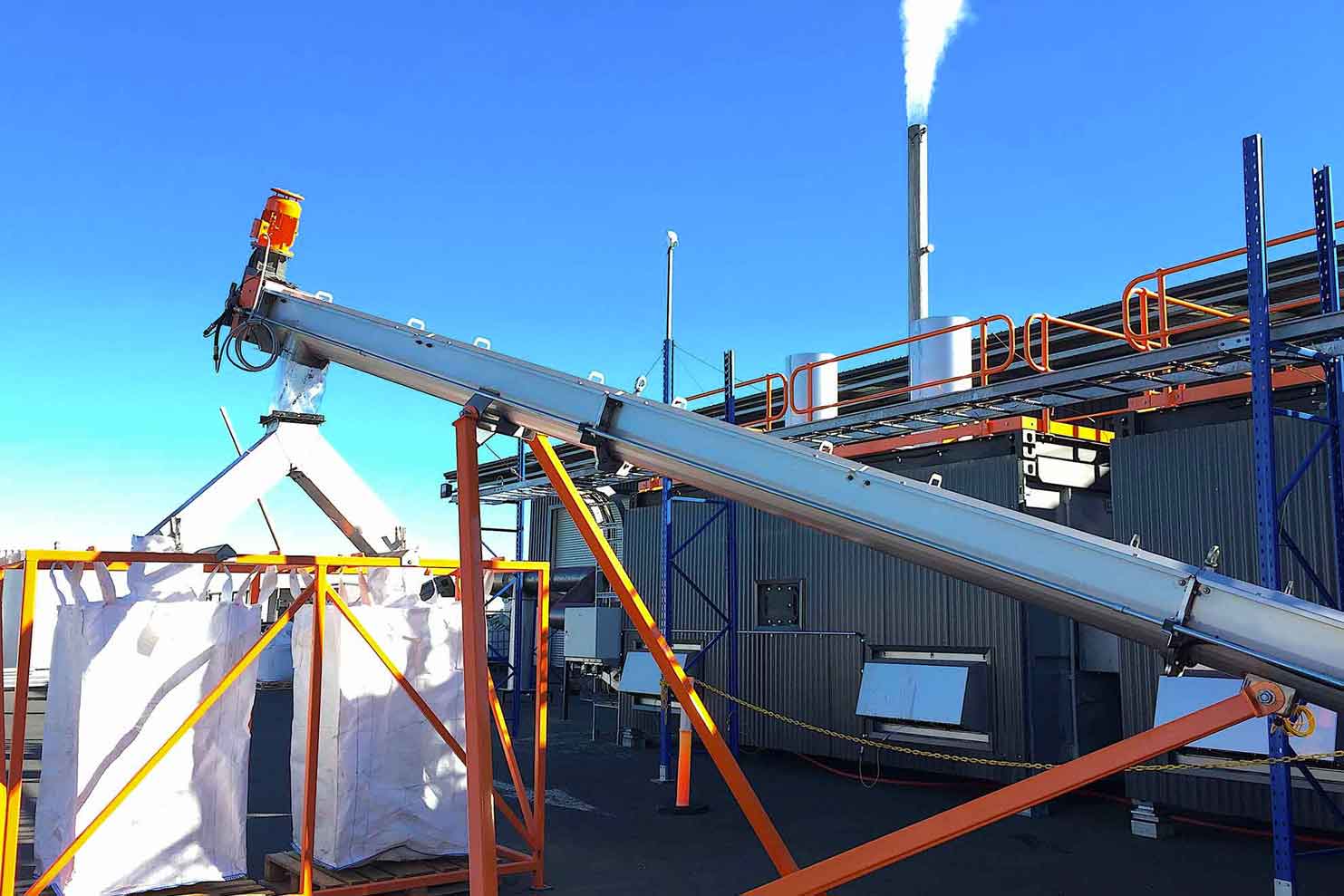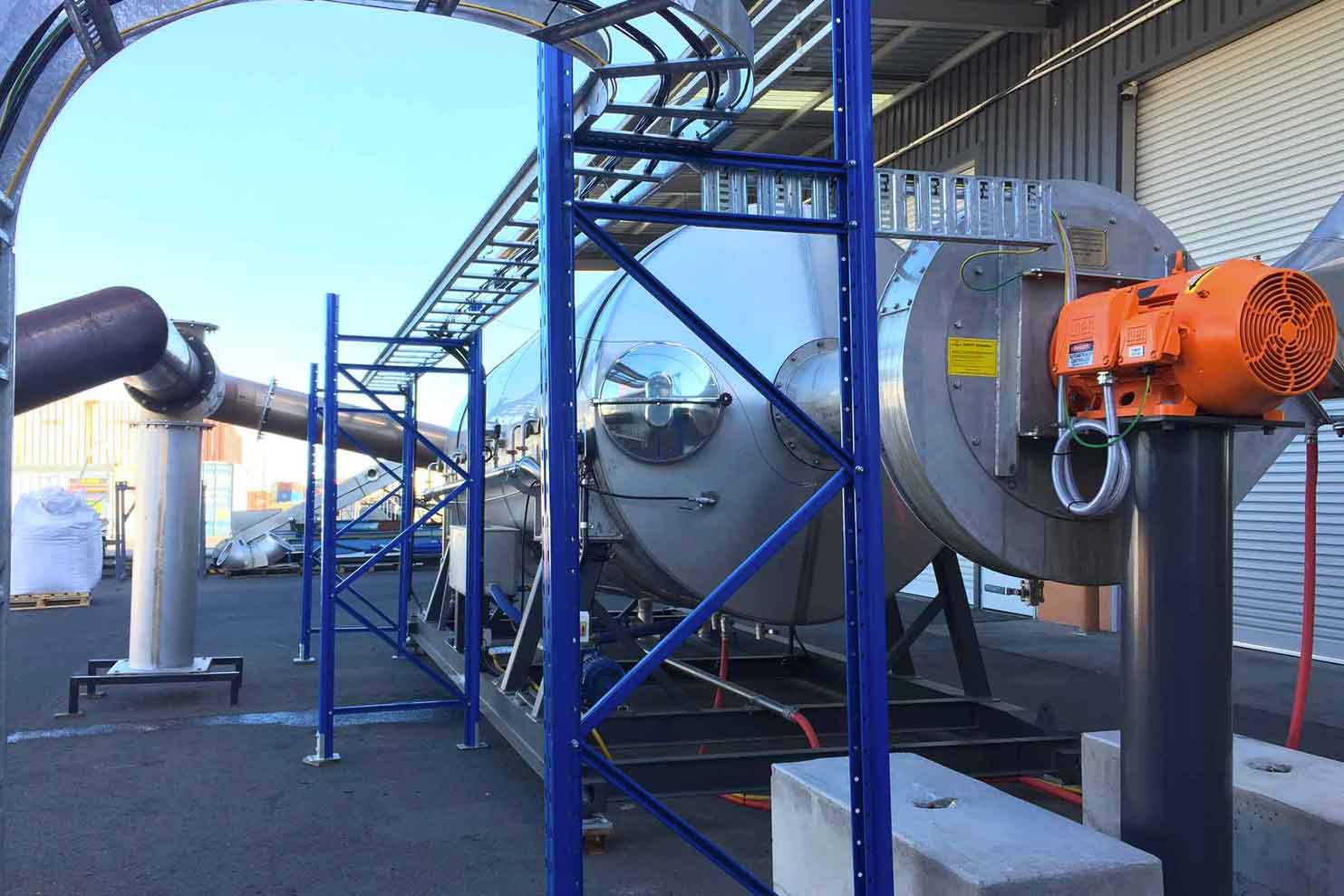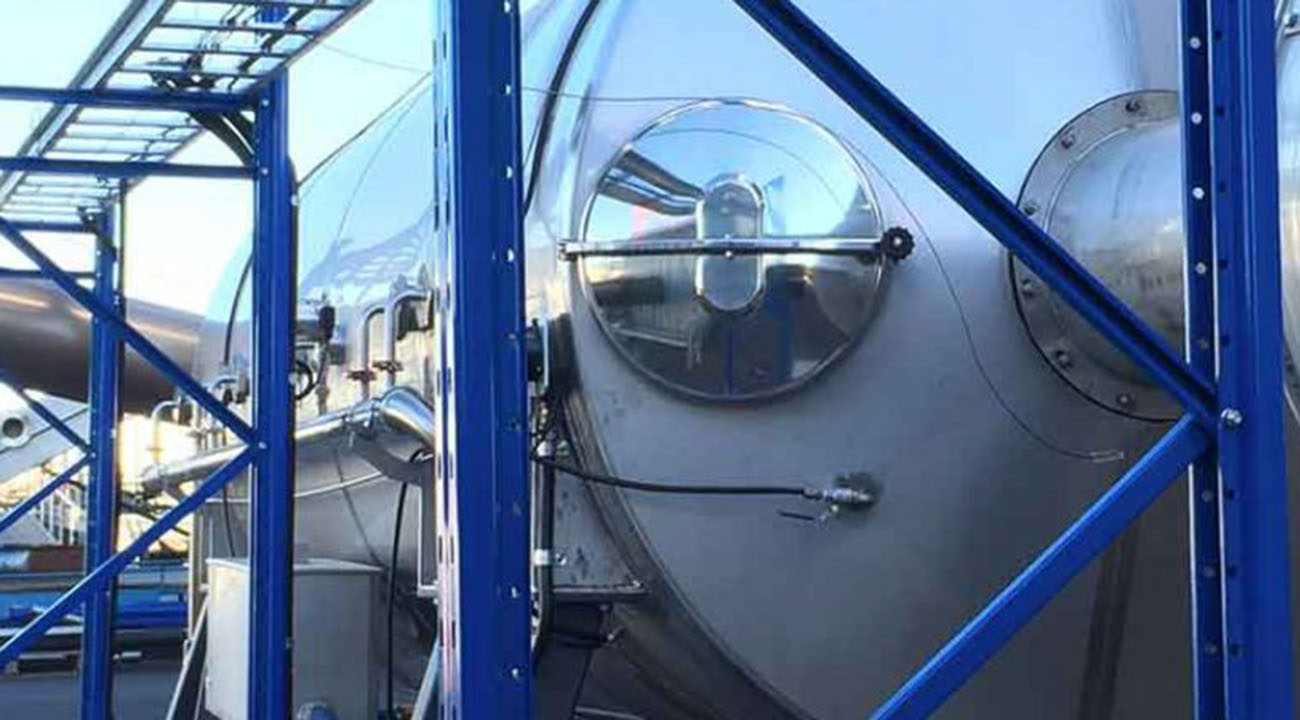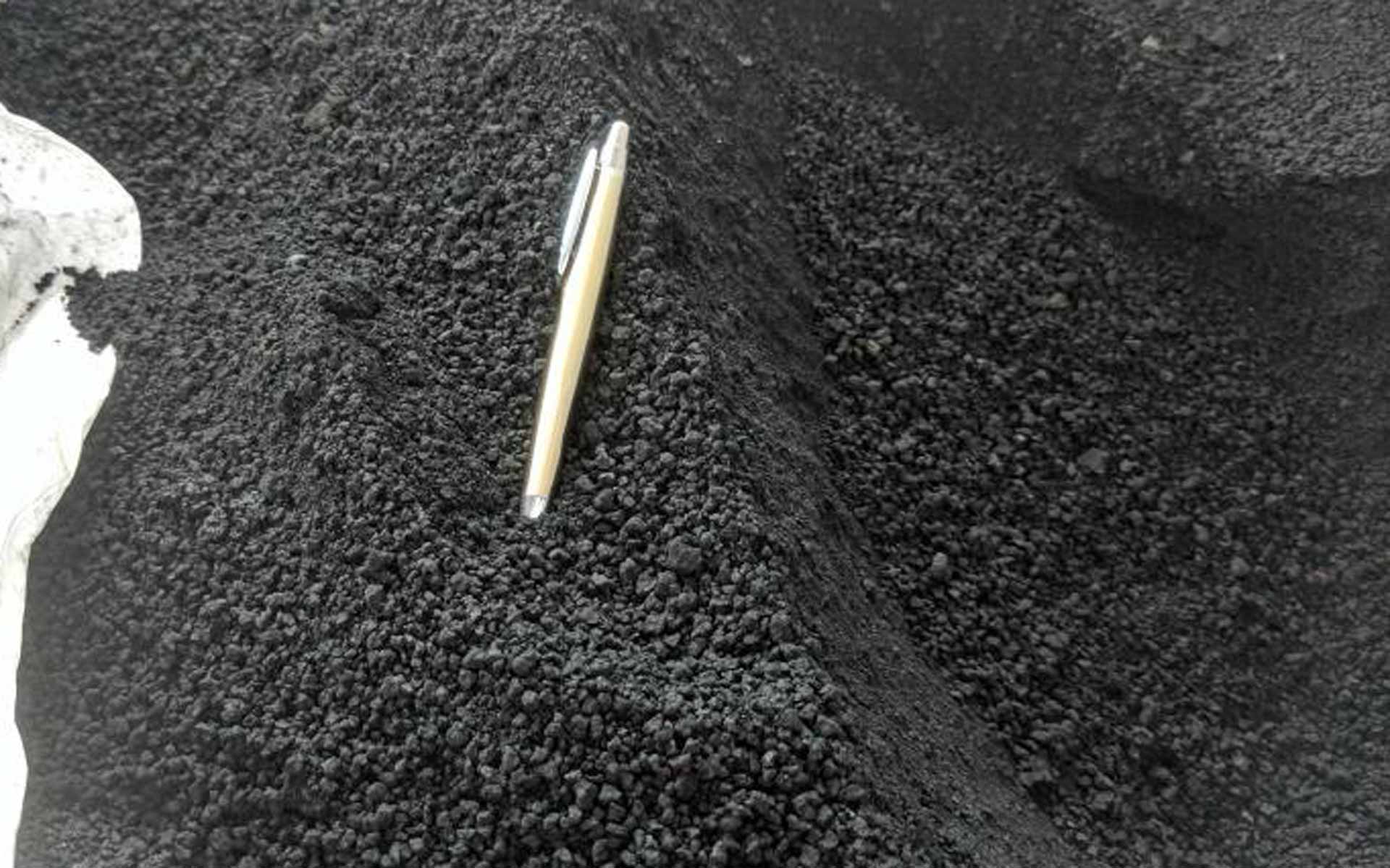Summary
The Logan City Biosolids Gasification Project is an Australian first initiative that demonstrates how sewage sludge can be transformed into energy.
Need
The Loganholme Wastewater Treatment Plant (WWTP) is Logan City’s largest WWTP, providing services to 300,000 people. It produces 34,000 tonnes of biosolids (treated and partially dewatered sewage sludge) each year (90t/day).
Every day, six trucks of biosolids are transported 300km to the Darling Downs agricultural area for use as a soil improver. This constitutes a major operating cost for Logan City Council; about $1.8 million per year or 30 per cent of the total WWTP operating costs.
In addition, biosolids treatment and disposal costs are increasing due to rising electricity prices, increasing population, and tightening of government regulations associated with carbon reduction and managing persistent organic pollutants in soils.
Learn more
Action
Logan City’s biosolids gasification facility at the Loganholme WWTP will process sewage sludge by dewatering it in a centrifuge, drying it in a paddle dryer, and treating it with high temperatures in a gasifier.
Inside the gasifier, biosolids are heated to 600C in a low oxygen environment to produce biogas. Recovered energy in the biogas is used to power the drying and heating processes.
The gasification facility is energy neutral, with 70 per cent of the energy in biosolids recovered and reused, and the remaining energy requirements met by an onsite solar array.
The gasification facility will reduce the volume of biosolids by 90 per cent and produce a ‘biochar’ containing carbon, phosphorus and potassium.
A demonstration facility is expected to be operating by February 2020, with a full-scale facility operating by July 2021.
Outcome
The Logan City Biosolids Gasification Project will produce a safe, environmentally friendly biochar. This could be marketed as a soil conditioner and added to potting mix, providing a sustainable solution for the waste product.
The facility will significantly reduce the disposal of biosolids, saving about $500,000 in operating costs for both the Council and the community annually.
Bioenergy produced from organic waste will also reduce energy input requirements to the wastewater treatment plant.
Biosolids gasification will also reduce the carbon footprint of the WWTP as carbon is sequestered in the biochar.
Initially, 4800 tonnes of CO2 will be reduced per year.
In summary, the benefits of this project are:
- lower WWTP operating costs
- less energy consumption
- a smaller carbon footprint for the WWTP
- destruction of persistent organic pollutants
- production of a marketable biochar.
Additional impact
Biosolids gasification has the power to transform municipal sewage treatment worldwide. The technology is relatively simple and equipment can be fitted to existing or new wastewater treatment plants. While the technology involves an upfront cost, it reduces the whole-of-life cost of treating and disposing of sewage.



